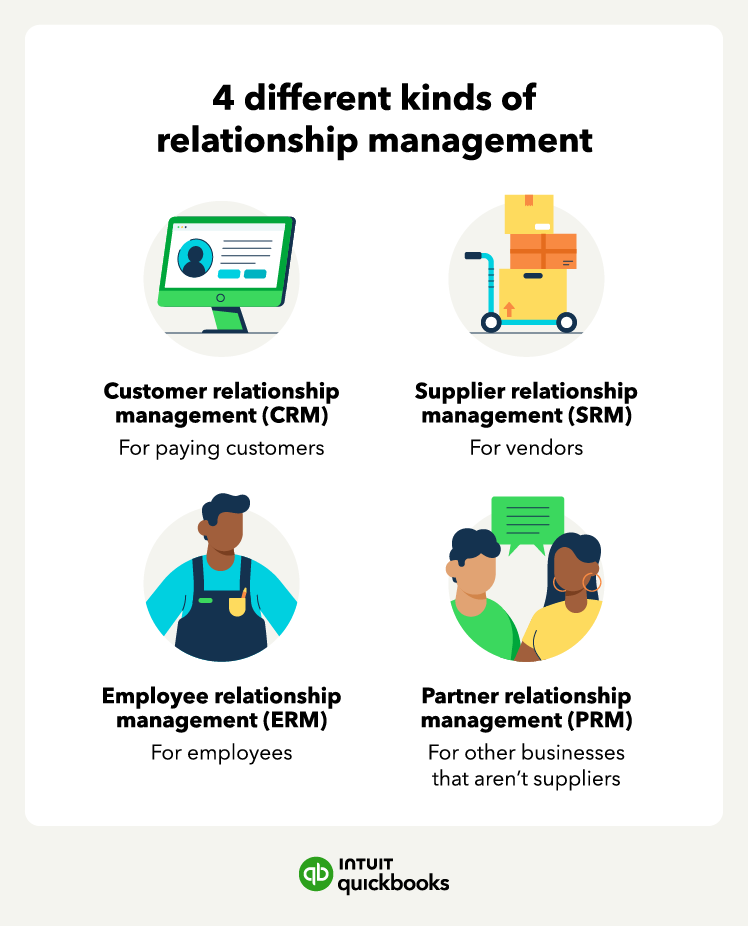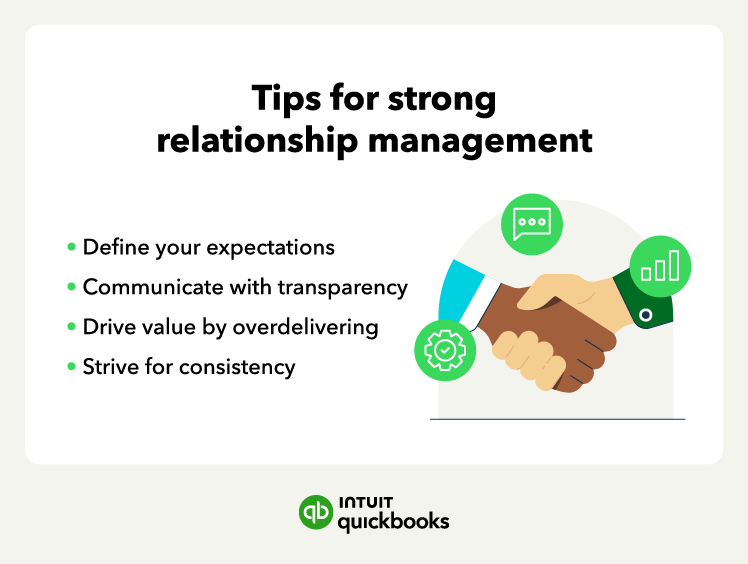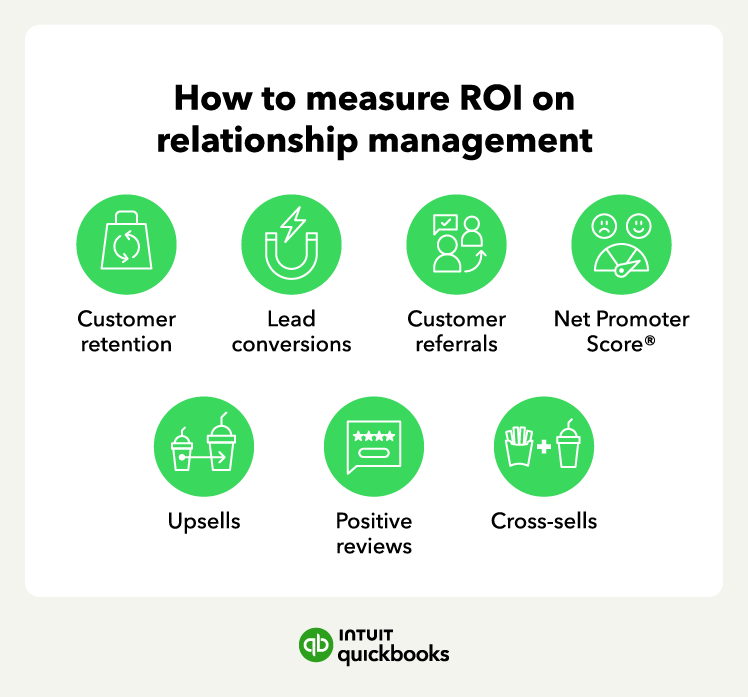Client relationships are the lifeblood of any business, but for busy small business owners, they can easily fall by the wayside. Of course, attracting new customers is key to growing your business. But providing quality customer service can feel overwhelming when managing teams, planning, and juggling countless tasks.
The good news? Customers crave the personal touch that small businesses can offer. Excellent service, personalized experiences, and an understanding of customer needs are a few reasons people support small businesses. Prioritizing those relationships is key to boosting customer experience, satisfaction, and loyalty.
This guide explores how to ace client relationship management and even how to measure its impact. Keep reading to learn more.
What is relationship management?
Client relationship management (CRM) is all about building strong customer bonds with your customers. It’s a systematic way to streamline and personalize your interactions with them. Relationship management is key to managing your cash flow since it helps attract and retain customers.
Relationship management involves keeping track of various customer data, like their:
- Contact information
- Purchase history and payment terms
- Past conversations
Of course, remembering every conversation you have with a client isn’t necessary—that’s where CRM software comes in. CRM platforms not only store this information but can also automate tasks like sending follow-up emails, greetings, or alerts for new sales.
These CRMs can even integrate with accounting software like QuickBooks, making it a one-stop shop for managing all your customer data and business records.
















